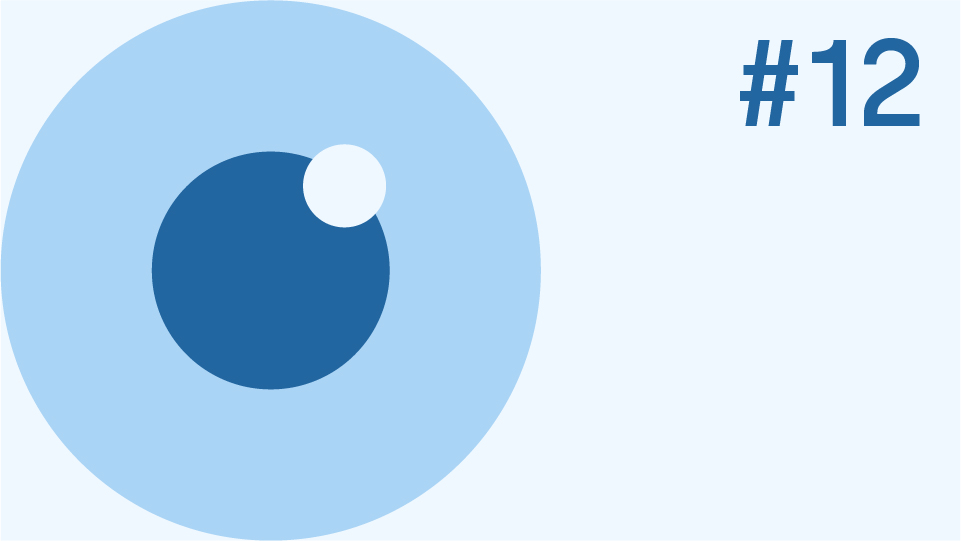All about the skin around the eyes and “drooping” eyelids
04/04/2025

28/12/2023
Glaucoma is dubbed ‘the silent thief of sight’ because symptoms only manifest in advanced stages, complicating detection and delaying effective treatment. The World Health Organization estimates around 60 million people worldwide suffer from this irreversible optic nerve condition, a number expected to rise in the coming years. In the latest episode, we delve into this topic with Dr. Francisco Ruiz Tolosa, the coordinator of the glaucoma department at the Barraquer Ophthalmology Centre.
In the Glaucoma: A Silent Pathology #12 episode of our podcast, Descansa la vista, we engage in a conversation with Dr. Francisco Ruiz Tolosa, an ophthalmologist at the Barraquer Ophthalmology Centre. We address doubts and provide essential information for early detection and optimal treatment.
Why does an increase in intraocular pressure occur?
We all have intraocular pressure. In the eye, a fluid, aqueous humour, is constantly produced and also eliminated. Usually, when there is an increase in pressure, it is due to a decrease in the outflow. That is, fluid continues to be produced, but it is difficult to eliminate, and as it is a closed circuit, if more is produced than can be eliminated, intraocular pressure rises.
What are the main risk factors for the onset of glaucoma?
Especially family history, as having a family member with glaucoma predisposes one to it. In addition to age, especially from the age of 40, myopia, particularly high myopia, presents two to three times more risk of developing this ocular pathology, as well as people with darker skin and some diseases like diabetes.
What are the treatments for glaucoma?
The primary treatment for glaucoma is to reduce intraocular pressure. To achieve this, we use eye drops, i.e., pharmacological treatments with drops that are instilled once or twice a day. We also have laser treatments, which are performed on an outpatient basis in a few minutes, and then we move on to surgeries. We have minimally invasive surgeries, and we also offer more conventional surgeries that have been used for years.
We invite you to listen to this podcast episode to uncover some of the main questions about glaucoma, and we remind you that you can send us your questions about eye health on Instagram, Twitter, or Facebook using the hashtag #RestYourEyes so that we can address them in the upcoming episodes."
El glaucoma es conocido como la patología ocular silenciosa ya que hasta estadios avanzados no presenta síntomas, haciendo complicada su detección y, por lo tanto, retrasando la aplicación de un tratamiento efectivo. Según la Organización Mundial de la Salud en el mundo existen unos 60 millones de personas que padecen esta patología irreversible del nervio óptico, cifra que puede seguir aumentando en los próximos años según las previsiones. En el último capítulo de este año hablamos sobre esta patología con el doctor Francisco Ruiz Tolosa, coordinador del departamento de glaucoma del Centro de Oftalmología Barraquer.